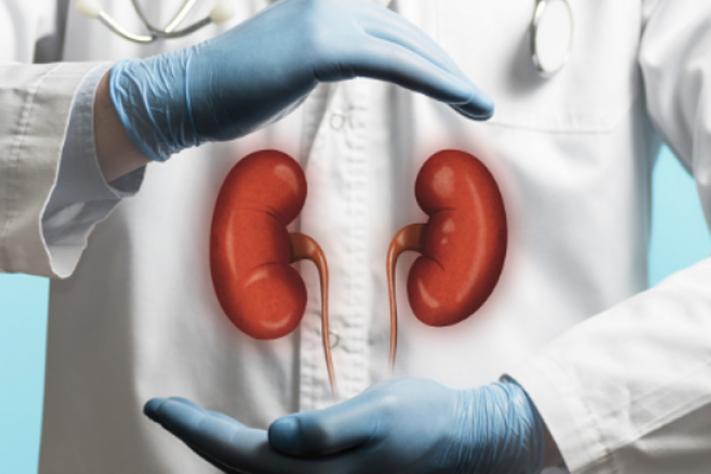Researchers have found that many hospitalised patients with COVID-19 may face an increased risk for kidney damage or acute kidney injury (AKI), a dreaded complication for those suffering from infection.
The study, published in the Journal of the American Society of Nephrology, revealed that COVID-19 patients experience elevated levels of soluble urokinase receptor (suPAR), an immune-derived pathogenic protein that is strongly predictive of kidney injury.
“SuPAR is a circulating factor we’ve seen contribute to kidney injury in thousands of patients,” said study author Jochen Reiser from the University of Michigan in the US.
“RNA viruses such as HIV and SARS-CoV-2 (the virus that causes COVID-19) elicit a suPAR response of the innate immune system, leading to a rise in blood suPAR levels,” Reiser added.
“If there is a hyperinflammatory suPAR response, kidney cells may be damaged,” he explained.
Thee study results show that more than a third patients with COVID-19 end up in need of dialysis and are also at much higher risk of death.
The research team tested suPAR levels of 352 study participants when they were admitted to the hospital for COVID-19 infection.
A quarter of the participants developed acute kidney injury while hospitalized, and their median suPAR levels were more than 60 per cent higher than those of the rest of the participants.
The risk of needing dialysis was increased 20-fold in patients with the highest suPAR levels.
Overall, median suPAR levels for these study participants hospitalised with severe COVID-19 were almost three times higher than levels of healthy people.
“Certainly, a suPAR level at time of hospitalization of COVID-19 patients will provide an important risk stratification tool with respect to patient outcomes such as intubation or kidney failure,” the researchers said.
“This will help hospitals by providing proper surveillance of patients at higher risk of a severe COVID-19 course,” they noted.
IANS

